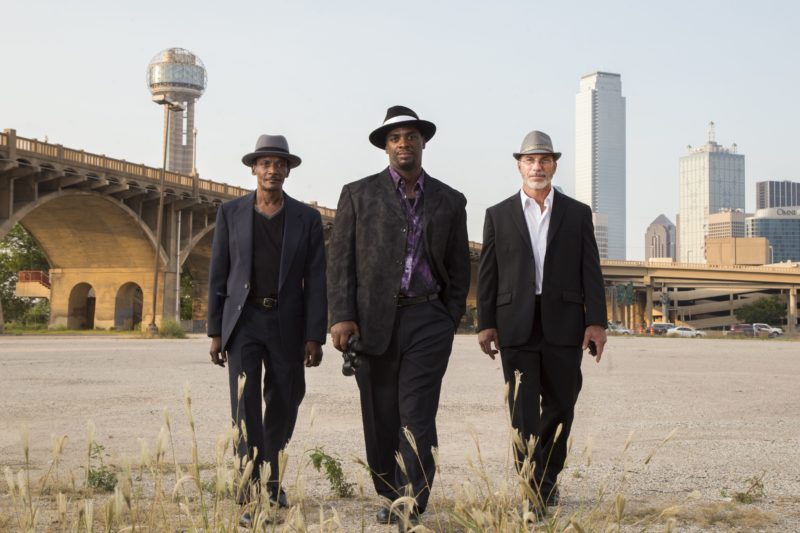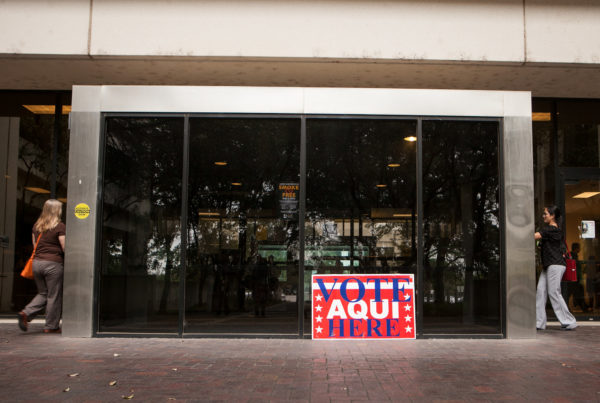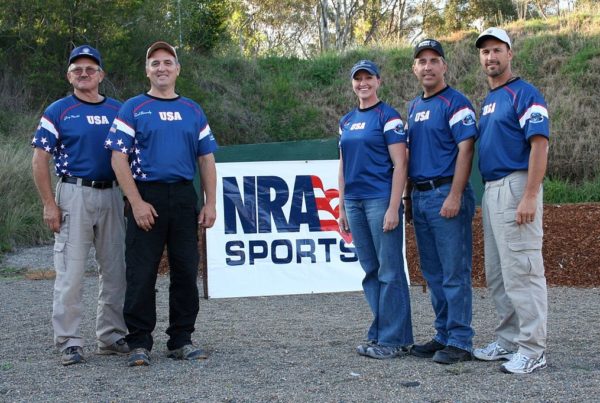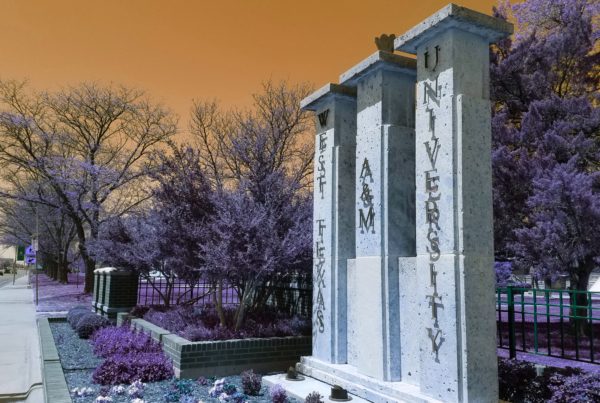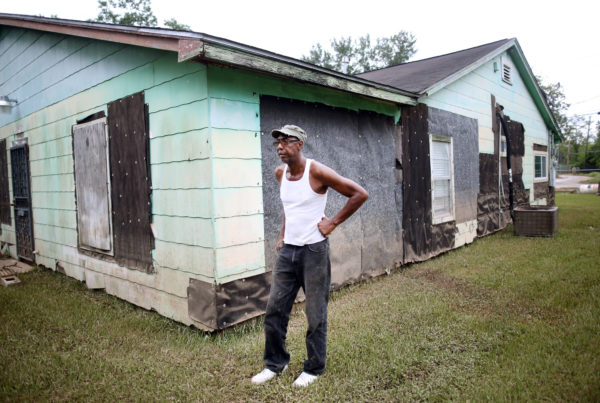Christopher Scott was sentenced to life in prison in 1997 for capital murder. He spent more than a dozen years behind bars before another man confessed to the crime and Scott was declared innocent. With his second chance at freedom, Scott teamed up with two other exonerated Texans to form a Dallas detective agency of sorts to help others who have been wrongfully convicted.
Their story is now a documentary called “True Conviction” and it’s coming to Independent Lens on PBS.
When he was in prison, Scott says he wasn’t likely to be exonerated because the case didn’t involve DNA evidence to test.
“I was writing different organizations and they were saying the same thing,” he says. “‘It’s like a million in one chance for you to get out.’”
Scott began to realize that many other inmates had been wrongfully convicted, too.
“When you heard so many times other individuals that fit your description are saying the same thing, you’ve got to understand that something is wrong. Because the system is not fair to African American men,” he says. “So I started talking to some guys in prison like, ‘Look, whichever one of us get out first, we’ve got to do something about this.’”
The day Scott was exonerated, former inmate Steven Phillips was there to offer help.
“He told me, ‘Look, I’ve got a place for you to stay.’ He said, ‘Man, just go and get your thoughts together, and then you’ll be okay.’ But when the first person there to approach you was a white guy, and you felt like the white people are the ones that did this to me, so there’s a trust issue. Like I don’t even trust this guy. I don’t even know him, why he’s even offering me this kind of thing,” Scott says. “But I realized he was an exoneree. He was out before me. So he was already going through that process.”
Then Scott met Johnnie Lindsey, another exoneree, and Scott started the organization House of Renewed Hope. Scott, Phillips, and Lindsey now work together to support wrongfully convicted inmates. Scott says he checks his PO box every other week to find at least 100 letters from inmates. Deciding which cases to work on is a matter of instinct.
“When you have a person that gives you that much detail,” he says, “and every time you come in contact with this person, he’s saying the same thing, you’ve got to start trying to, you know…sometimes you’ve got to believe the people.”
Scott says the solution to wrongful convictions is clear – holding prosecutors and judges accountable.
“You could take my life from me, and then don’t even have to worry about repercussions behind it,” he says. “A slap on the wrist, we’re going to give you 200 community hours and two days in jail. That’s nothing. You destroyed my life and I guarantee you 100 percent, wrongful conviction will stop if they feel like they can get time for it.”
Written by Jen Rice.


